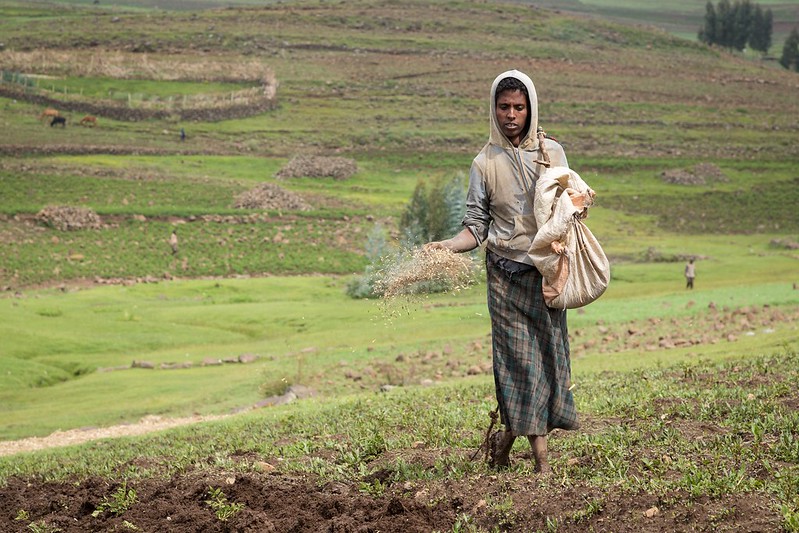Meeting Immediate Needs and Protecting Development Gains
After four failed rainy seasons, the Resilience in Pastoral Areas-North Program took a market-driven response to drought in Ethiopia’s Somali region.
Image

Following four consecutive failed rainy seasons that created exceptionally severe drought conditions across the Horn of Africa, the Mercy Corps’ USAID-funded Resilience in Pastoral Areas-North (RIPA-North) Program implemented a market-driven drought response in the Somali region of Ethiopia. The drought came on the heels of a steep economic slowdown and rise in food insecurity due to COVID-19 containment measures, which were exacerbated by the inflationary food price effects immediately following Russia’s invasion of Ukraine in February 2022. The goal of the drought response was to meet the immediate needs of households who were facing asset depletion and rising food insecurity, while helping both households and the local economies they rely on to better cope and adapt to compounding shocks.
This paper provides an overview of how the “Markets in Crisis” approach to the East Africa drought leveraged existing relationships and built on RIPA-North’s development interventions to meet immediate humanitarian needs; help households protect assets, livelihoods and food security in light of compounding shocks; and simultaneously strengthen local markets that they rely on to improve their food security and economic prospects in the future.
Critical lessons from the RIPA-North program in implementing a market-based drought response include:
- Market-based humanitarian interventions can meet immediate needs while enhancing households’ resilience and supporting local economies in humanitarian crises.
- Funding for early, anticipatory action is essential to protect and leverage markets in humanitarian crises, reduce the cost of humanitarian action and support autonomy in decision-making.
- Development programs must be “response ready,” with plans, linkages and partnerships that enable a timely, market-based humanitarian response.
- Crisis response can be effective when layered into development programs and accompanied by additional funds.




